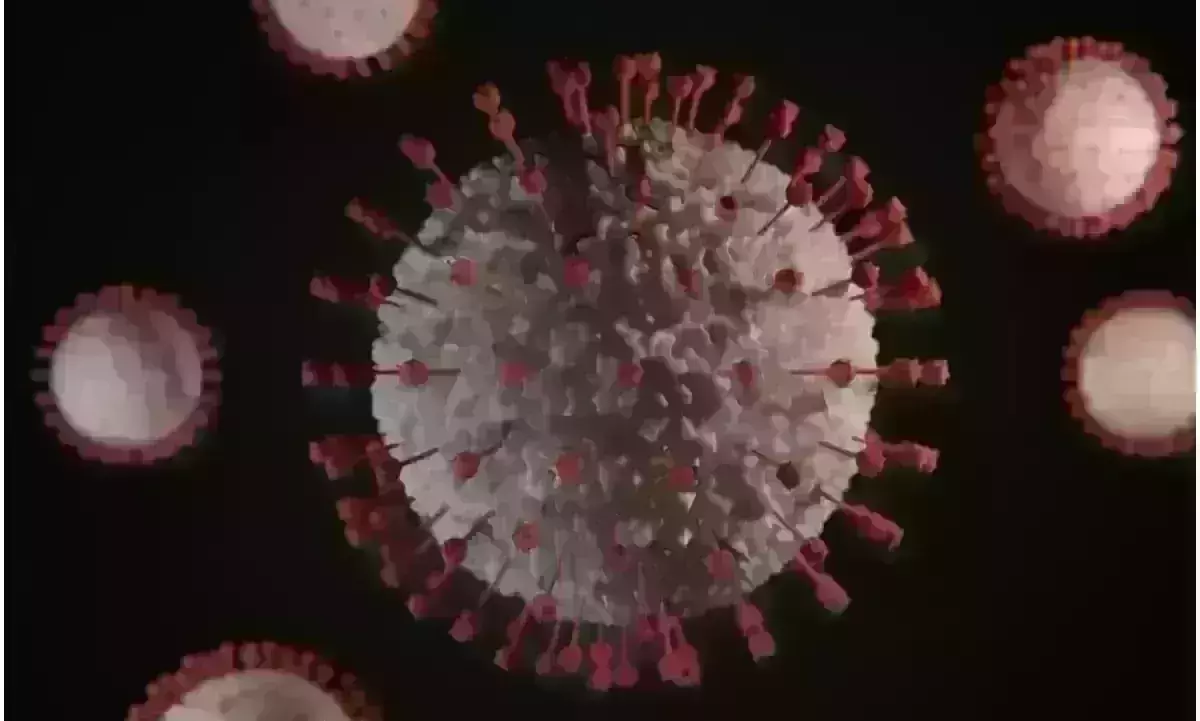
"Foolish idea" to use herd immunity against covids: WHO Chief Scientist
text_fieldsAs it's a relatively new variant, the global health body has not yet been able to comment on the impact of Omicron. Studies are still underway to determine whether it can cause reinfection and whether there's an impact on long-term immunity.
Two months is not enough time to determine if it causes reinfections and how it affects long-term immunity. We saw some studies where the blood of patients recovering from the new variant helped with Delta infection. However, we do not know if that will hold true for the next variant," she said.
According to her, studies at the lab level show antibodies are less likely to neutralize the new variant of Covid. In fact, it was even less responsive to the vaccine than the Delta variant, which was already less responsive than other variants considered when developing the vaccines.
Vaccinated patients show fewer cases of severe disease and fewer deaths, according to clinical data. Current vaccines work on the Omicron strain, she noted.
There is no doubt that the vaccines that we are using to protect the elderly and vulnerable work well and help us reduce hospitalizations and deaths," she said.
"Hybrid immunity is the strongest immunity we can have at the moment - Hybrid is when one has been infected with Omicron and has also got the vaccine doses," she said.
According to her, it is natural for RNA viruses to keep mutating since they are RNA molecules.
According to her, the WHO is considering a universal vaccine that works against all variants of the virus.
She said they are also exploring the use of heterologous booster shots (when a different vaccine is used than was used earlier for the booster shot) and intranasal vaccines to provide local mucosal immunity.
India has done an admirable job in vaccinating a large population, given the size and complexity involved in getting people vaccinated, she added.
Taking Covid pills, she confirmed that they do indeed work against all variants, as do monoclonal antibodies.























